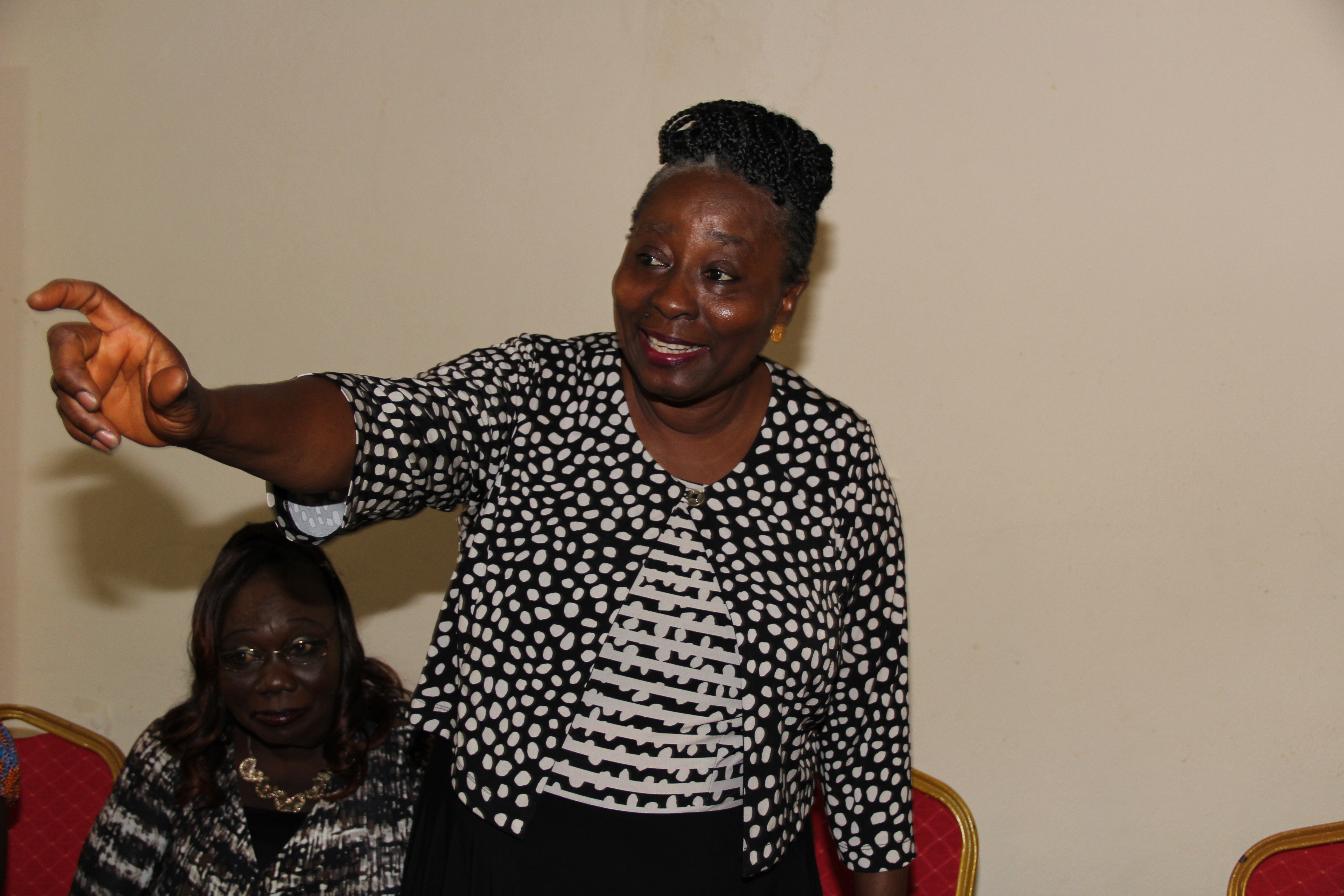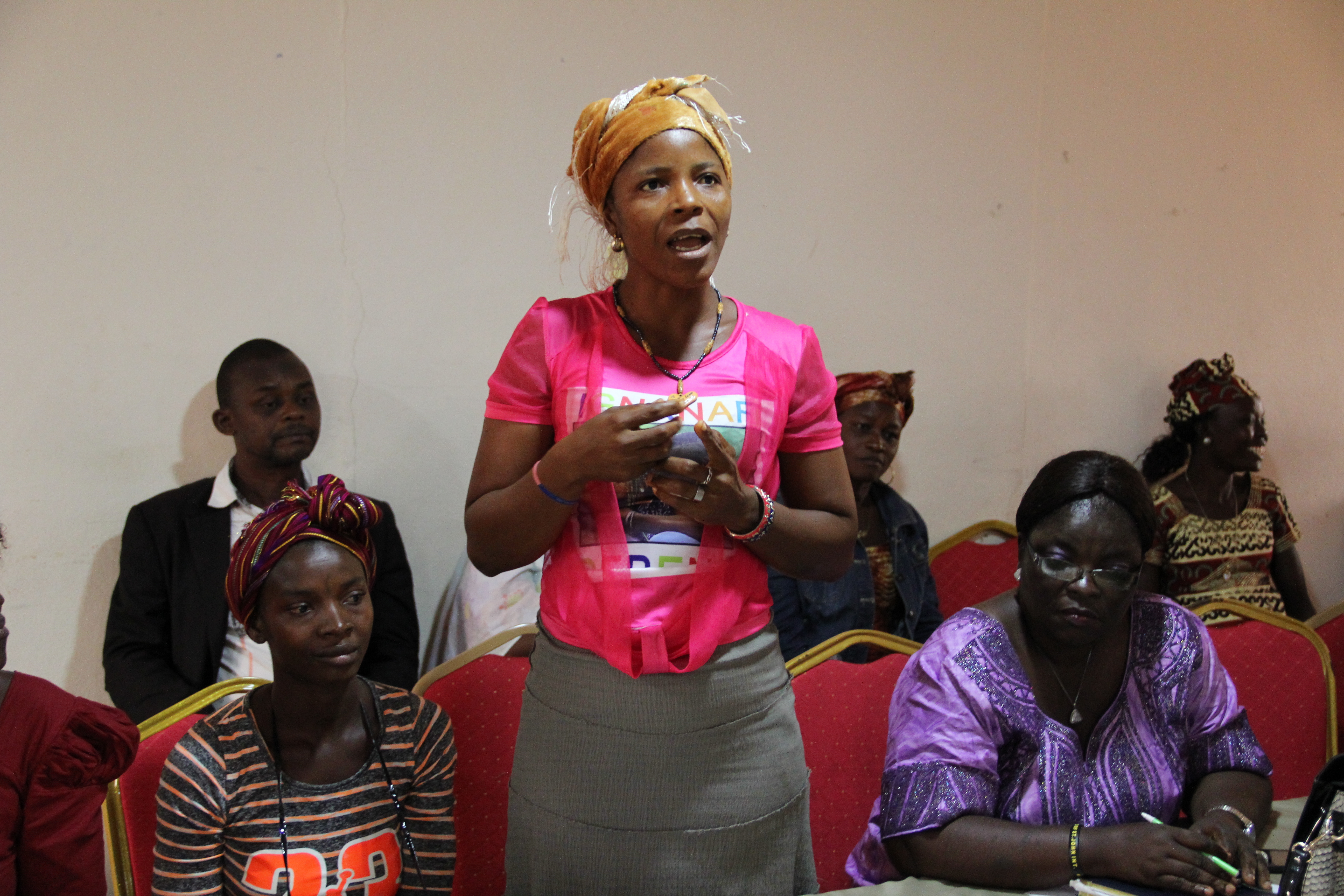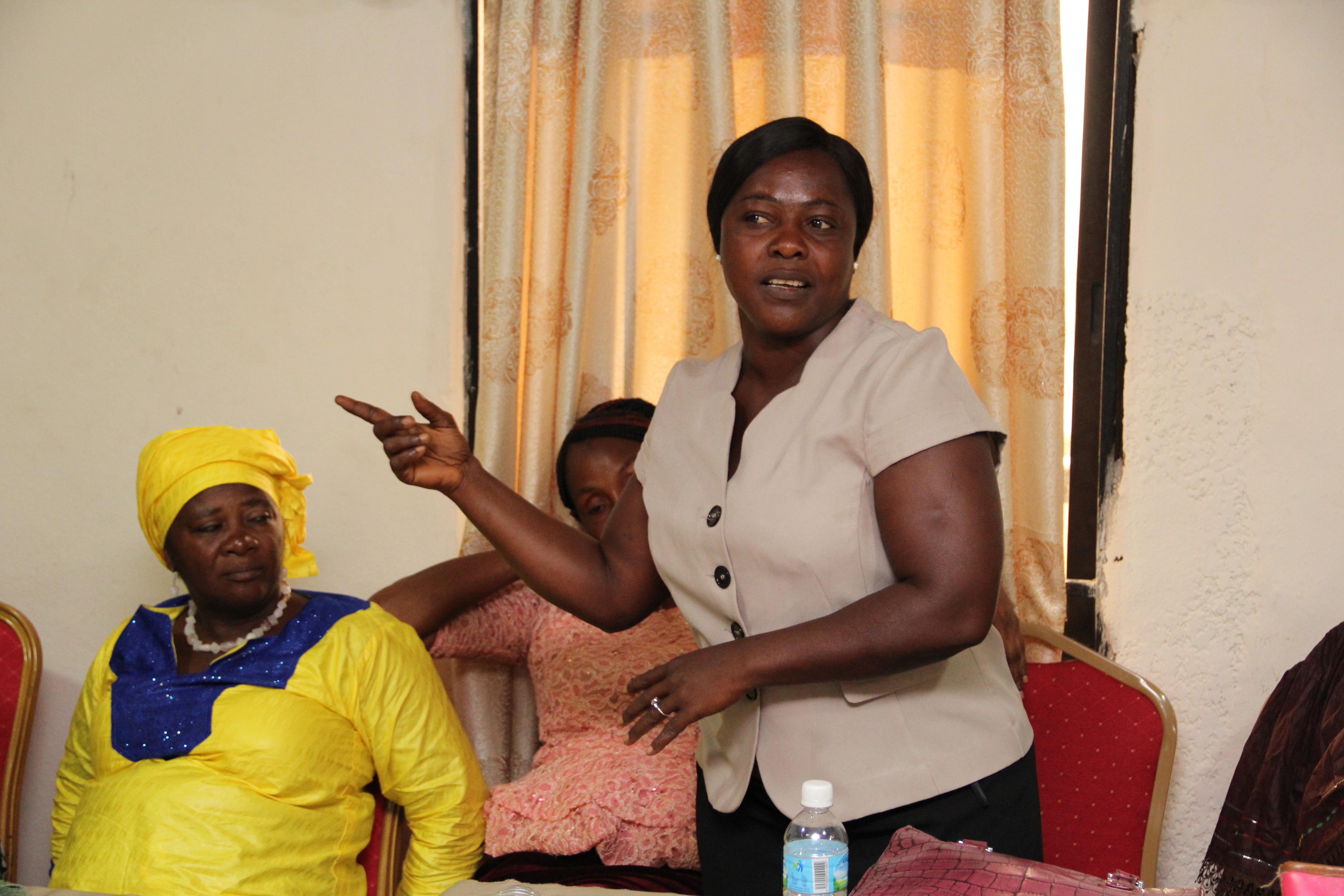Women represent 70 percent of the agricultural labor force of Sierra Leone and they play an important role in natural resource management and food production. Despite the critical position and contribution of women in agriculture, women are often discriminated against ownership, access to and control of land, and most importantly, women are not realizing their economic impact from their agricultural activities. This is largely because of discriminatory, customary and statutory laws which favor men to women.
In Sierra Leone, agriculture constitutes a significant fragment of the economy. Two-thirds of the population of Sierra Leone are involved in subsistence agriculture mainly because the country lacks viable agricultural value chain and entrepreneurial activity. To revitalize the country’s agricultural sector, the government of Sierra Leone with support from the United Nations Development Programme (UNDP) launched the Sierra Leone Agri-Business Initiative (SABI) to spearhead efforts to help equip young people, especially women, to transform the agricultural sector and enhance economic growth.
This is the core reason why the United Nations Entity for Gender Equality and Women’s Empowerment (UN Women) organized a half-day dialogue forum on women in agribusiness at Hill Valley hotel on June 15th 2017. This opened an interactive discussion with women in agribusiness that explored methods to empower them in agrichemicals, breeding, crop production (farming and contract farming), distribution, farm machinery, processing, and seed supply, as well as marketing and retail sales.
UN Women, Peace and Security Advisor, Mrs. Jebbeh Forster addressing the farmers on agribusiness |Photo Credit: UN Women, Cecil Nelson
Mrs. Jebbeh Forster, UN Women Peace and Security Advisor for East and Southern Africa (ESARO) said, “Training women in agriculture is not adequate. Women need skills in transformational leadership and among many other things: access to information, record keeping and increased orientation in agribusiness. Women make up 70 percent of agricultural business in Sierra Leone but realize little or no benefit. The country has rich soil and over the years, women have managed to utilize it for agricultural purpose. The labor in agriculture is provided by women but men get the lion share and it is time for women to benefit from what they labor for.”
Lucy Sellu is a single parent farmer from Kailahun town in the Eastern province of Sierra Leone and a beneficiary of the policy dialogue. She is a mother of five children and lost her husband in 2014 during the Ebola outbreak. As a subsistence farmer, Lucy faces a lot of challenges to make ends meet. “I want to thank UN Women for their relentless effort in championing women’s issues and the opportunity given to witness this program. I had a very poor harvest last year because I had to sell the seeds to pay my children’s school fees. I have five children with no husband. After the death of my husband, my husband’s family took our property including our farm land.” Lucy further explained that she now covers approximately 15 miles every day to go to her father’s home where she produces vegetables and other agricultural products. Unfortunately, there is no market to sell the goods and hence it becomes difficult to take care of her children and sick mother.
Subsistence farmer Lucy Sellu narrating her experience in agriculture in Sierra Leone |Photo Credit: UN Women, Cecil Nelson
Haja Sundu Marrah from Koinadugu district is among the few women who have narrowly escaped the unfavorable economy status in the country through food production. Haja says, “It is through farming that I have been able to educate my children overseas. I have also established an orphanage where more than twenty-five girls are taken care of. Although the market and road network are challenging aspects of farming in Sierra Leone, I call upon the government and international donors to provide farmers with skills in packaging and preservation of perishable agricultural products. Marie Deen Nyarko from Food and Agricultural Organization (FAO) reaffirmed their commitment in empowering women in agribusiness.
Francess Joy Moiba is a parent of three children, at the age of 15 she got married to her husband Alhaji Momoh Moiba as the fourth wife. The situation pressured Francess into farming and in 2012, she joined the Women’s Farmers Empowerment Cooperation (WFEC). This cooperation focuses on the production of cassava, rice, vegetables, coffee and cocoa and serves as a source of finance for its members. This is an initiative that has exposed women such as Joy to vast opportunities in the agriculture sector.
Mother, wife and farmer Francess Joy Moiba sharing her challenges as woman farmer |Photo credit: Cecil Nelson
The dialogue forum highlighted challenges faced by women farmers such as, limited access to information and arable land, ineffectiveness of agribusiness centers, multiplicity of farmers’ unions not co-operating with one another, financial services for farmers being diverted to traders, non-availability of land in western mountain districts, high cost of inputs such as chemical fertilizers and low uptake of organic alternatives, untimely distribution of inputs such as seeds, male dominance of gender positions in local councils, environmental degradation negatively impacting agriculture, limited access to information, political involvement in agriculture, poor road infrastructure, limited support to women enterprises from Sierra Leonean financial sources, and challenges with pest control.
At the end of the day, the policy dialogue was very interactive and the attendees made several recommendations which are paramount to sustainable development such as : agribusiness policy formation and implementation, flexible financial policy, preservation and processing mechanisms, certification of farmer organizations, training of farmers and the availability of female friendly equipment. This strongly reflects on the importance of women in agriculture and their impact on the economy of Sierra Leone.


